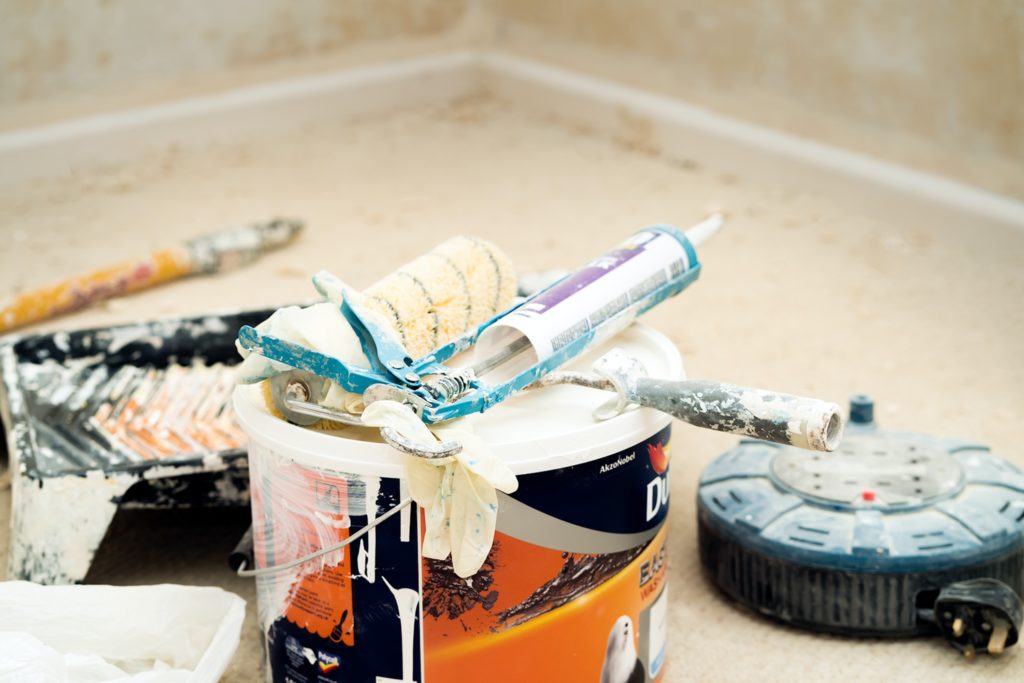Advantages of Hiring Commercial Caulking Contractors
 What’s a tiny problem that causes big headaches? Crumbling caulk. It seems like a simple job to repair failing caulk, but it’s a process that requires skill and knowledge. Let’s take a look at why crumbling caulk is a bigger deal than you would think, and the advantages of hiring commercial caulking contractors, like Robey Incorporated, instead of tackling jobs on your own.
What’s a tiny problem that causes big headaches? Crumbling caulk. It seems like a simple job to repair failing caulk, but it’s a process that requires skill and knowledge. Let’s take a look at why crumbling caulk is a bigger deal than you would think, and the advantages of hiring commercial caulking contractors, like Robey Incorporated, instead of tackling jobs on your own.
Why is Crumbling Caulk a Big Deal?
Caulk isn’t something you think about until it starts to fail; by the time you notice it, however, the damage has already begun. What damages?
Leaks
You know the main reason for caulking is to weatherproof your doors, windows, and exterior joints. When caulk begins to fail, water will find its way into your home and cause mold, mildew, and water damage.
Mold and mildew isn’t just unsightly; it’s a serious health risk that can trigger allergies and asthma along with many other illnesses. It can also cause unpleasant musty smells throughout the home.
Curb Appeal
Crumbling, failing caulk is a huge hit to your home’s overall curb appeal. Even if your home is well maintained, missing or failing caulk will leave gaps exposed and decrease the property’s value.
Decreasing Energy Efficiency
Caulk does far more than just block leaks. It acts as insulation to keep your home energy efficient. Even the smallest gaps can result in significant heating and cooling losses, driving up your energy bills.
Difficulty Painting
If you’re thinking about a big paint job in the future, patching holes and cracks with caulk makes the job easier, ensures the paint covers better, and extends the life of the new paint by keeping water from seeping under it.
The Advantages of Hiring Commercial Caulking Contractors
Now that you understand why caulk upkeep is important, you’re ready to run to your local hardware store, buy a tube of caulk, and get busy.
Not so fast. Did you know that there are different types of caulk for different applications?
Your choices will include latex, acrylic, silicone, polyurethane, and butyl rubber exterior caulk. What product you use will depend on a variety of factors:
- What and where are you caulking?
- How large are the cracks?
- Will the caulk need to be painted after application?
- What is the surface material you’re caulking?
- Is this caulk high-quality enough to last in harsh weather conditions?
- How quickly do you need the caulk to cure (dry)?
You’ll find that there are caulks that are very specific to the projects you have, such as caulks for rain gutters, roofs, painted surfaces, concrete, siding, windowsills, and doors. There are also considerations in choosing a caulk that will bind two different materials, such as glass and concrete.
In addition, properly applying caulk is harder than you would think. It can be messy and uncooperative, covering not just the cracks but also the surrounding surface, the ground, your pets, and yourself. Some caulks are easily applied and cleaned up while others are tough to use and a lot less forgiving of errors.
Removing old caulk before applying the new is a difficult process, too. In fact, many homeowners would rather skip this step altogether and just apply more caulk over the old material. This results in a sloppy job that will quickly fail again.In the end, you’ll see that caulking is not a do-it-yourself job for the average homeowner. Commercial caulking contractors are equipped to inspect your caulk, and if repairs are necessary, to do the project right. Contact Robey Inc for all your caulking needs.
